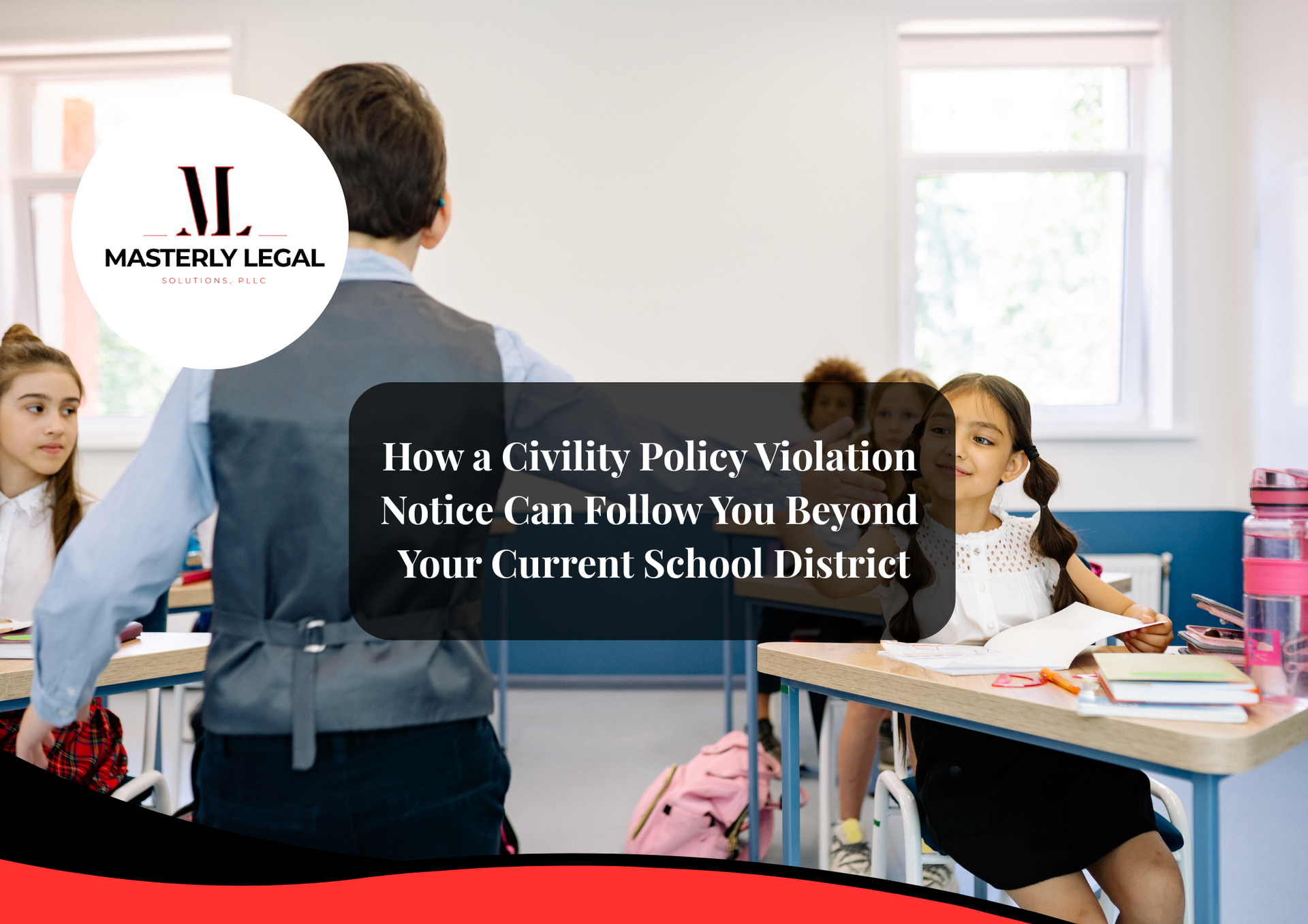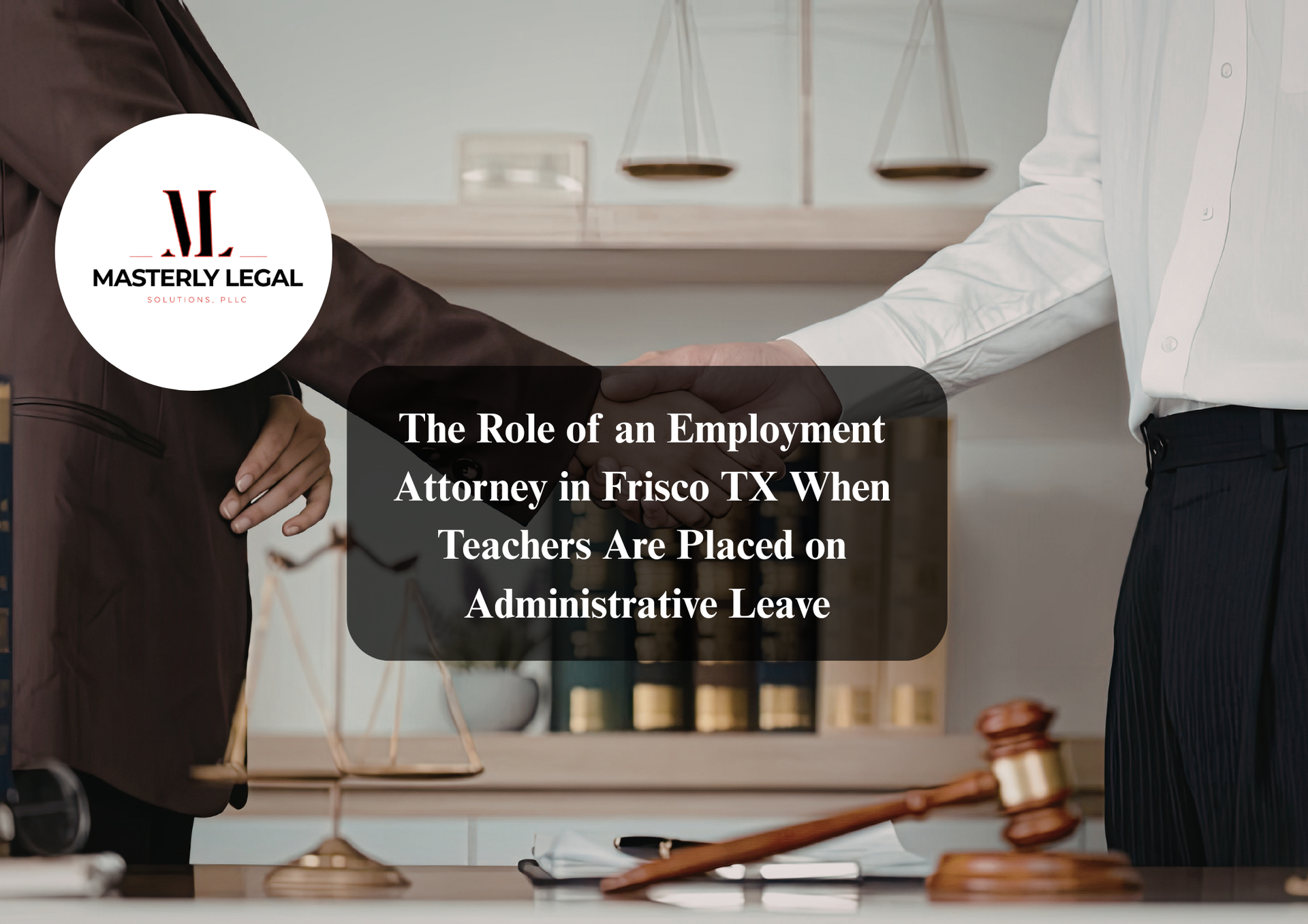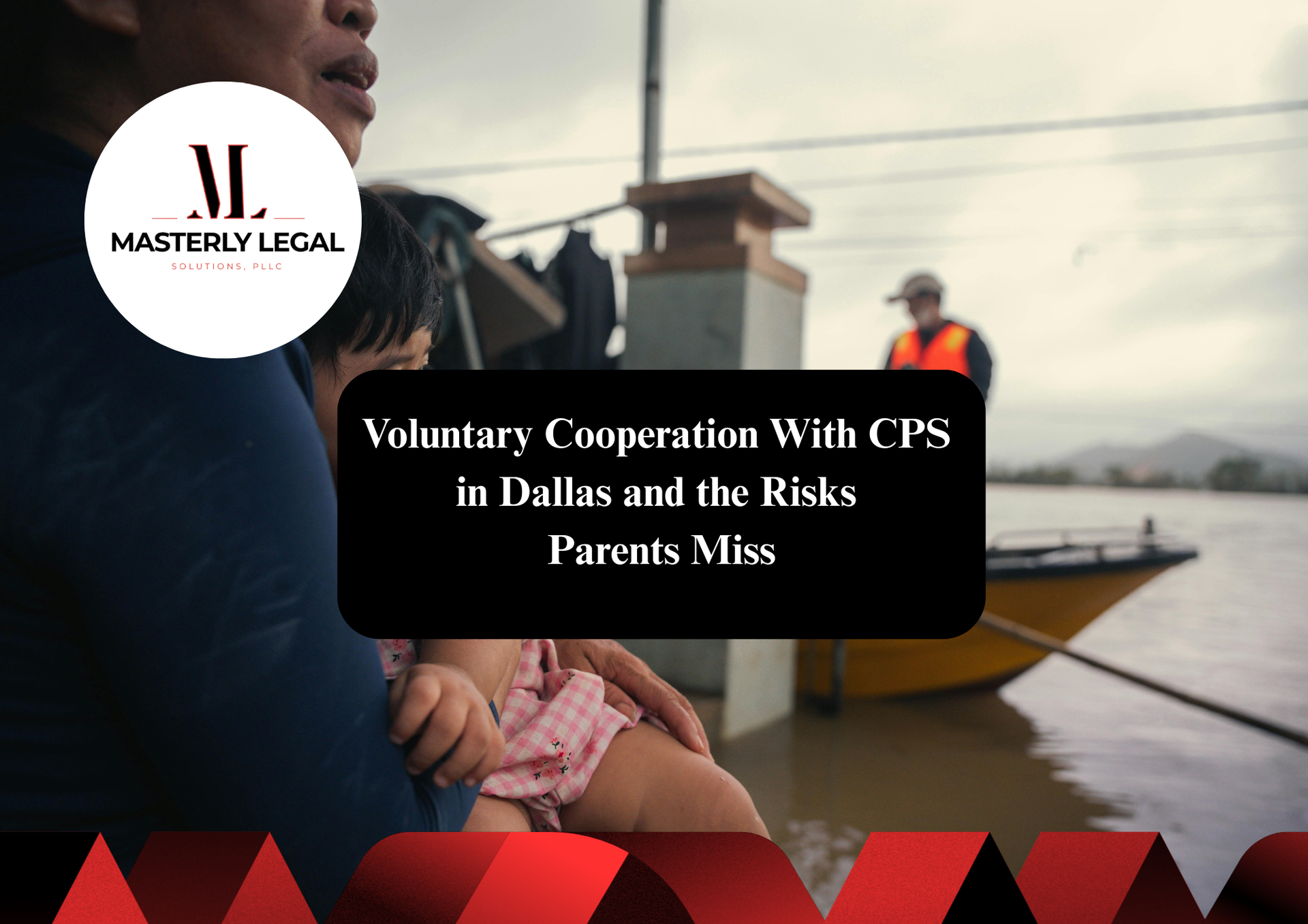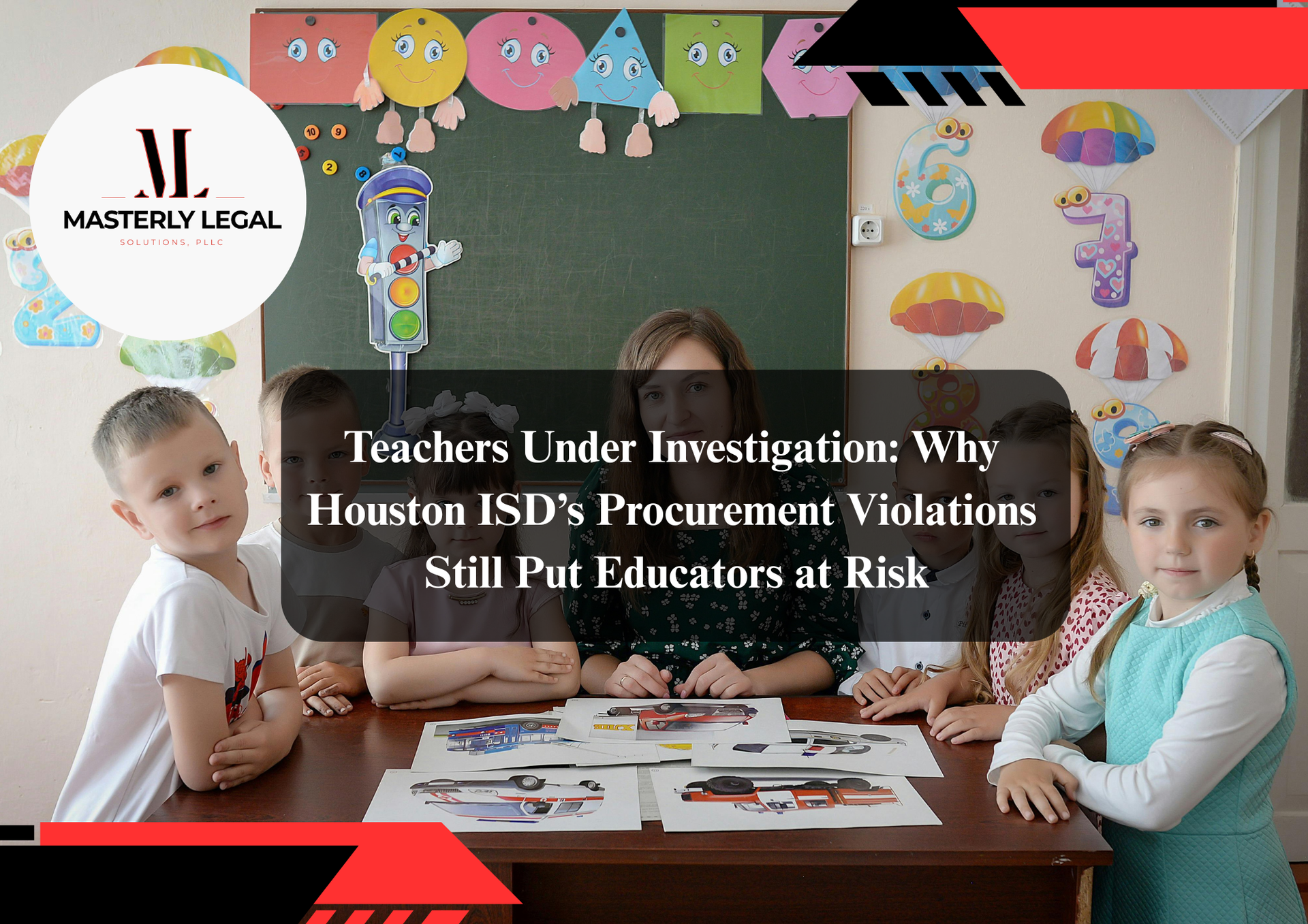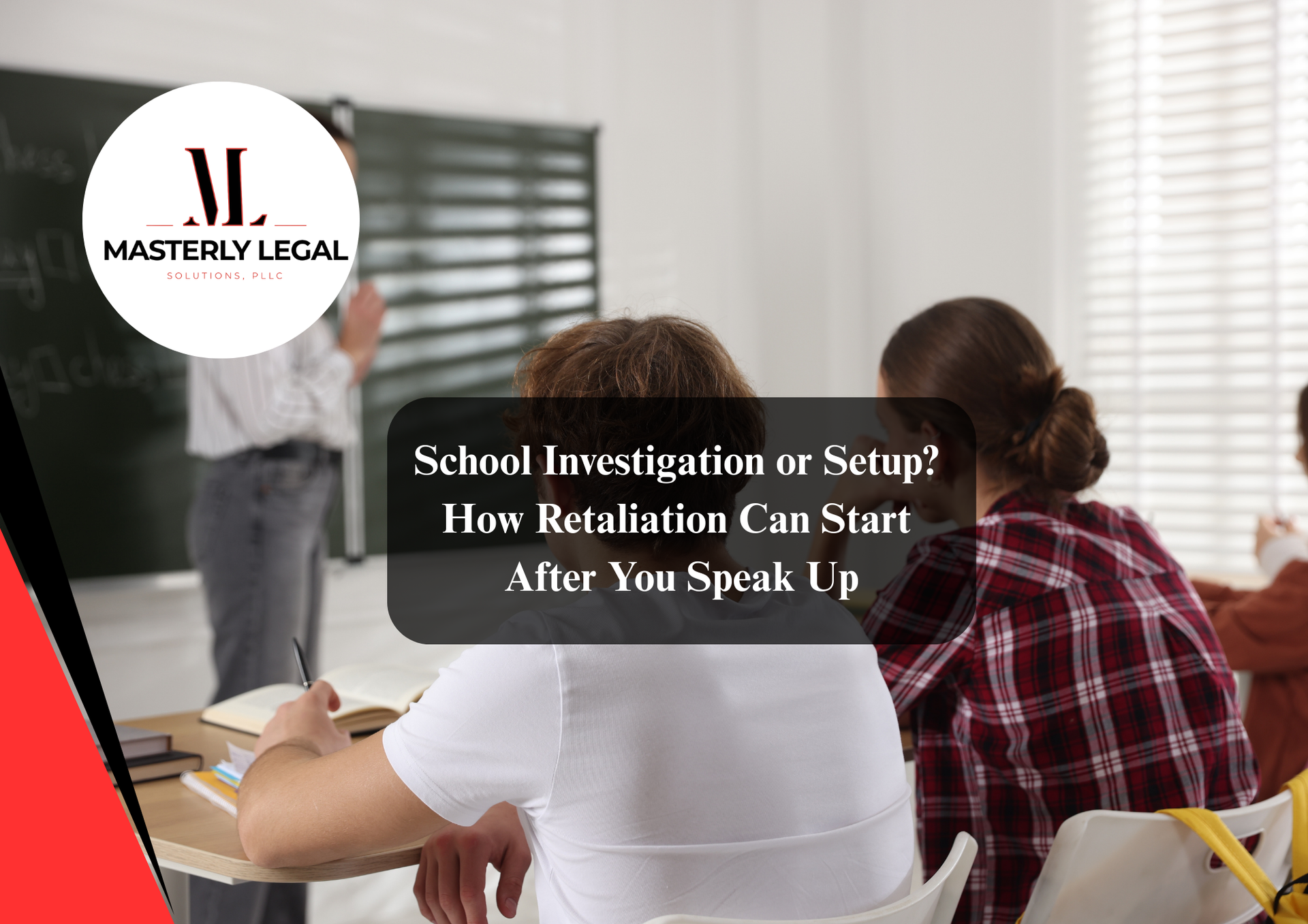Understanding the Legal Rights of College Administrators During Misconduct Allegations
College administrators face a wide array of responsibilities, from overseeing academic programs to enforcing student discipline policies. But when administrators themselves are accused of misconduct, the stakes are high—both professionally and legally. Allegations can involve anything from Title IX violations and employment discrimination to financial mismanagement or breaches of institutional policies.
Understanding the legal rights of college administrators during these turbulent times is essential. At Masterly Legal Solutions, our education law specialists provide experienced legal representation to administrators facing investigations or disciplinary actions. This article breaks down the core legal protections available and how our attorneys can safeguard your career.
The Role of College Administrators in Higher Education Institutions
College administrators are integral to the functioning of higher education institutions. They implement education policies, manage faculty, and ensure compliance with state law, federal regulations, and institutional protocols.
Their duties frequently bring them into complex and sensitive areas of education law, such as:
- School discipline
- Title IX enforcement
- Contract negotiations
- Compliance with the Texas Education Code
- Oversight of educational institutions and school districts
Because of this, allegations of misconduct—even if unproven—can seriously damage a professional’s career trajectory.
Misconduct Allegations: The Initial Shock and What to Expect
Being notified of a misconduct allegation can trigger fear and confusion. Many administrators are immediately placed on administrative leave, often without knowing the specifics of the claims.
Typical allegations may involve:
- Sexual harassment of staff or students
- Improper handling of special education law accommodations
- Civil rights violations involving race, gender, or national origin
- Financial mismanagement or breaches of ethical guidelines
- Violations of the Texas Open Meetings Act
These issues are not only workplace concerns but also involve significant legal matters that may trigger disciplinary proceedings, administrative hearings, or even criminal investigations.
Legal Protections Available to College Administrators
College administrators—whether in public schools, charter schools, or private schools—have certain rights under both state law and federal law. Understanding these protections is the first step in defending your reputation and future.
Key Legal Rights Include:
- Right to Due Process: Under the Texas Education Code, administrators are entitled to fair treatment during investigations and potential proposed termination.
- Right to Legal Representation: You can—and should—seek legal support during any investigation or hearing.
- Right to Appeal: If a decision is made against you, there is a formal appeal process to contest the outcome.
- Right to Privacy: Federal laws like the Family Educational Rights and Privacy Act (FERPA) help protect personal and student-related information.
- Right to Notice: Before any employment action is taken, you are entitled to a clear explanation of the allegations and evidence.
Legal Challenges Unique to the Educational Setting
The nature of education law matters is highly specialized. Allegations often involve overlapping education policies, federal laws, and institutional guidelines. Administrators must navigate:
- Title IX investigations
- Special education process errors
- Breaches of individualized education plan (IEP) compliance
- Misuse of school system funds
- Contractual obligations to school boards
These are not simple workplace issues—they are complex issues that require a dedicated education attorney with a background in defending education professionals.
How Attorneys Assist During Allegations
When an administrator contacts an education law firm like Masterly Legal Solutions, we act immediately to preserve your legal standing and professional integrity.
Our Legal Support Includes:
- Reviewing the Allegations: We evaluate the nature of the claim, investigate its origins, and identify violations of procedure.
- Managing Communication: We handle correspondence with the Texas Education Agency, school legal departments, and other relevant parties.
- Strategizing a Defense: Whether the case involves sexual harassment, policy violation, or breach of administrative duty, we tailor a defense based on your rights under Texas education laws.
- Representation in Legal Proceedings: From administrative hearings to courtroom trials, we offer full legal representation.
- Advising on Employment Rights: We provide counsel on your teaching certificate, employment termination, or career trajectory concerns.
The Importance of Acting Quickly
The earlier you engage a qualified education attorney, the better your chances of achieving a positive outcome. Waiting too long may compromise your rights and limit strategic options.
Immediate Steps to Take:
- Do not make statements without legal counsel
- Preserve any relevant emails or documents
- Refrain from discussing the matter with coworkers or other students
- Contact a firm with experience in education law issues and disciplinary action
Navigating Investigations Under the Texas Education Code
The Texas Education Code governs many aspects of an administrator’s rights and responsibilities. Understanding this framework is essential when facing education law issues.
Areas Covered Include:
- Rights during proposed termination
- Procedures for contract disputes
- Obligations regarding student safety
- Regulations on administrator evaluations
These laws are subject to interpretation and updates. A skilled Texas education attorney ensures that your case is argued with up-to-date legal knowledge.
Risks to Certification and Licensure
Allegations can threaten your educator certification, especially if reported to the state board. Even if no criminal charges result, your teaching or administrative license may be suspended or revoked.
Protecting your credentials requires a legal team that understands:
- Licensing hearings
- Reporting obligations
- Teaching certificate reinstatement procedures
- Appeals to the state board
Special Education Law: A Hidden Minefield
Many misconduct claims stem from missteps in the administration of special education services or failure to follow individualized education plans (IEPs).
Common pitfalls include:
- Denying proper accommodations
- Mishandling IEP documents
- Violating timelines in the special education process
These are high-risk areas where expert guidance from a special education attorney is crucial.
FERPA and Privacy Violations
The Family Educational Rights and Privacy Act (FERPA) protects student educational records. Administrators must be cautious when handling:
- Student grades
- Behavioral reports
- Health information
Improper disclosure, even if unintentional, can result in legal challenges and administrative penalties.
Handling Title IX Accusations
Title IX is often at the center of misconduct allegations, especially those involving sexual harassment or gender discrimination. Administrators may find themselves as either the respondent or responsible party in investigations.
Attorneys experienced in education law can help you:
- Respond appropriately to Title IX complaints
- Avoid retaliation claims
- Ensure compliance with federal guidelines
School Boards and Contractual Disputes
Most administrators are employed under contracts negotiated with school boards or trustees. Misconduct allegations often lead to disputes over:
- Termination clauses
- Notice provisions
- Severance pay
Understanding your contractual rights and invoking legal remedies requires trusted counsel with combined experience in contract law and education law.
Charter Schools and Private Institutions
Administrators in charter schools and private schools are subject to different rules compared to public school officials. These differences affect:
- Employment protections
- Compliance requirements
- Disciplinary standards
Navigating the legal structure of your specific type of educational institution requires the guidance of education lawyers familiar with non-profits, private systems, and Texas education agency policies.
Addressing Public Scrutiny and Reputation Damage
A major concern during any misconduct claim is reputational harm. Allegations can spread rapidly via social media and news outlets, even before any finding of fault.
Your legal team can assist in:
- Issuing public statements
- Coordinating with institutional PR
- Defending your name during and after legal proceedings
Civil Rights and Discrimination Claims
Some allegations involve violations of civil rights, including:
- Racial or gender bias
- Religious discrimination
- Harassment based on national origin
These claims may open the door to federal lawsuits and require attorneys skilled in civil litigation and education law.
Employment Termination and the Appeal Process
If your employment is terminated, you may have the right to appeal. The appeal process varies depending on your role, institution type, and contract.
We help administrators:
- Request administrative hearings
- File formal appeals
- Challenge improper procedures
- Reclaim lost wages or benefits where possible
The Value of Working with Education Law Specialists
At Masterly Legal Solutions, our team includes education law attorneys with extensive knowledge of the Texas education code, federal mandates, and institutional frameworks.
We offer:
- Customized defense strategies
- Thorough investigation and document review
- Representation in disciplinary proceedings
- Advice tailored to your role as an administrator, educator, or school leader
Long-Term Impacts of Misconduct Claims
Even when resolved in your favor, allegations can lead to:
- Missed job opportunities
- Lost promotions
- Challenges renewing your teaching certificate
Proactive legal defense is not just about clearing your name—it’s about protecting your career trajectory and future livelihood.
Why Masterly Legal Solutions Is the Right Choice
Our law firm brings decades of combined experience representing Texas educators, administrators, and education professionals. We understand the nuances of education law matters and are committed to your defense.
Our attorneys have helped clients across a wide range of fields. Learn how a sports attorney can assist a team or athlete.
- K-12 school districts
- Higher education systems
- Specialized education programs
- Administrative roles from principal to provost
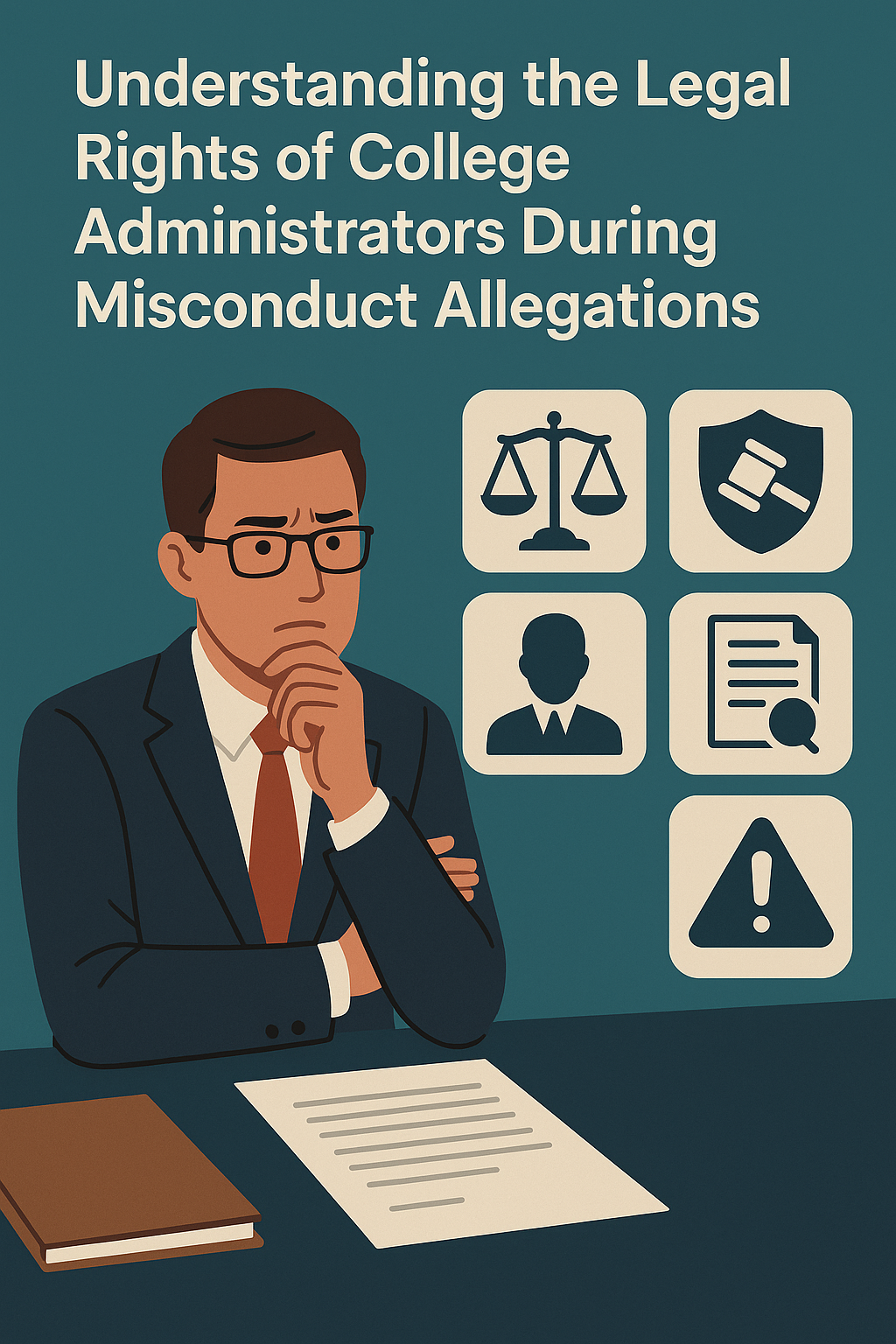
Speak with an Education Law Attorney Today
If you’re a college administrator facing misconduct allegations, do not navigate this alone. The legal stakes are high, and the implications are long-lasting. Speak with an experienced education attorney at Masterly Legal Solutions who understands how to protect your rights and guide you through these difficult times.
Advocating for Administrator Rights in the Broader Landscape of Education Law
When allegations arise against college administrators, the legal profession plays a crucial role in safeguarding the rights of not only those in leadership but also the broader community of teachers, staff, and students. Colleges and universities must work closely with education's office and legal advisors to ensure all parties receive fair and lawful treatment during investigations. Access to qualified legal services becomes essential in managing complex legal issues that affect not just an individual's reputation, but the integrity of the entire institution.
Although administrators and a Texas teacher may have different day-to-day roles, both are protected under similar frameworks when it comes to teacher rights, workplace protections, and due process. Whether it's addressing contractual disputes, disciplinary actions, or compliance failures, these situations involve high-stakes education matters that demand attorneys with extensive legal experience in the education sector. Ensuring these rights are upheld is not just a legal obligation—it’s in the best interests of the entire educational system.
Legal Allegations and Their Impact on the School System
When a college administrator is accused of misconduct, the consequences often extend beyond the individual to the broader school system they help lead. Allegations can disrupt daily operations, affect staff morale, and damage public trust in the institution’s leadership. Whether the issue involves policy violations, student rights, or procedural errors, it creates legal ripple effects throughout the academic structure.
Because administrators play a central role in maintaining compliance and enforcing education policies, any legal investigation must be managed with both the individual and institutional interests in mind. Legal defense in these cases is not just about protecting one administrator—it’s about preserving the integrity and continuity of the entire school system they represent.
Safeguarding Educator Certification for Texas Teachers in Administrative Roles
College administrators in Texas often begin their careers as classroom educators, and many still hold an active educator certification. When allegations of misconduct surface, even those in non-teaching leadership positions risk consequences that can affect their standing as a Texas teacher. The Texas Education Agency may initiate reviews that jeopardize both administrative employment and teaching licensure.
It’s important to recognize that professional conduct expectations extend beyond the classroom. Administrators must defend not only their role but also the credentials that have shaped their careers. Working with attorneys experienced in education law ensures your educator certification is protected and that you receive fair treatment under both employment and licensing procedures in the state of Texas.Managing Legal Matters While on Administrative Leave
When college administrators are placed on administrative leave due to misconduct allegations, it signals the start of serious legal matters that can affect both their employment and professional reputation. This type of leave—often implemented to allow investigations to proceed without interference—can feel isolating and uncertain. However, it is also a critical window for building a strong legal defense.
During this time, it’s essential to secure qualified legal services that focus on education law and employment-related investigations. Experienced attorneys can evaluate the validity of the leave, ensure due process is followed, and prepare for potential legal proceedings. Addressing these issues early helps administrators protect their rights, respond strategically, and prepare for either reinstatement or further legal action, depending on the investigation’s outcome.
The Role of a Special Education Attorney in Administrator Allegations
College administrators who oversee programs related to disability services or teacher training in special education may find themselves entangled in legal challenges involving special education law. In these cases, a special education attorney becomes an indispensable resource. These attorneys are well-versed in the individualized education plan (IEP) process, state compliance requirements, and federal protections for students with disabilities.
When allegations arise—whether concerning the denial of special education services, procedural violations, or supervisory oversight—administrators need focused legal defense. A special education attorney can analyze the claims, ensure regulatory standards were met, and represent administrators in any related hearings or appeals. Their expertise helps safeguard both the rights of students and the professional integrity of the administrators responsible for educational compliance.
Why Education Lawyers Are Essential for Administrator Defense
When college administrators face misconduct allegations, partnering with skilled education lawyers is one of the most critical decisions they can make. These legal professionals specialize in the complex intersection of school policy, employment law, and state and federal education regulations. Unlike general practice attorneys, education lawyers understand the unique responsibilities, expectations, and risks associated with leadership roles in academic institutions.
From navigating compliance with the Texas Education Code to representing clients in administrative hearings or contract disputes, education attorneys provide targeted legal strategies tailored to the education environment. Their experience enables them to advocate effectively for administrators while protecting institutional interests. Whether defending against claims of misconduct, policy violations, or procedural errors, having the right legal partner ensures your rights are protected and your case is handled with the expertise it deserves.
Navigating Allegations Involving the Texas Open Meetings Act
College administrators who serve on boards, committees, or leadership councils must remain compliant with the Texas Open Meetings Act, which governs transparency and public access to governmental proceedings—including those in educational institutions. Allegations of violating this act, whether due to closed-door decisions or improper notifications, can lead to serious legal issues and administrative consequences.
Understanding the nuances of the Texas Open Meetings Act is essential, especially when misconduct claims involve decisions made without appropriate public oversight. Legal counsel experienced in education law matters can help administrators ensure compliance, respond to investigations, and avoid further legal exposure related to procedural missteps. Proper legal defense is key to preserving institutional integrity and protecting individual careers.
Allegations Involving Special Education Services Require Focused Legal Attention
College administrators who oversee teacher preparation programs, education departments, or compliance offices may find themselves involved in disputes related to special education services. Whether the concern stems from inadequate training, improper policy implementation, or oversight of service delivery, allegations in this area carry serious legal weight.
Missteps in managing or supervising special education services can lead to claims of discrimination, violations of student rights, or noncompliance with federal and state mandates. These matters require an in-depth understanding of the special education process and applicable laws, as well as strategic legal support. Partnering with attorneys experienced in education law ensures administrators are equipped to respond effectively, mitigate liability, and protect the institution’s compliance standing.
The Importance of Timely Legal Guidance During Allegations
Facing misconduct allegations as a college administrator can be overwhelming, especially when the stakes involve your reputation, employment, and future in education. In these critical moments, obtaining experienced legal guidance is essential. Skilled attorneys help you understand your rights, navigate institutional policies, and respond appropriately to investigative procedures.
With the right legal support, you can avoid missteps that could harm your case or escalate the situation. Professional legal guidance ensures that you’re not alone in confronting disciplinary procedures, media scrutiny, or internal hearings. It empowers you to make informed decisions and protect your professional standing throughout the process.
Contact Us Today for a Free Consultation
Accusations can derail your professional life—but you don’t have to face them without help. The experienced education law specialists at Masterly Legal Solutions are here to support you through every phase of the investigation, appeal, or legal proceeding. Whether you’re dealing with employment termination, a Title IX claim, or a violation of the Texas education code, we’ll help protect your legal rights and defend your future.
Call (972) 236-5051 for a free consultation. Let’s discuss how we can help you through this difficult time with the skilled representation and strategic defense you deserve.
This article is for informational purposes only and does not constitute legal advice or establish an attorney-client relationship. For personalized legal guidance, contact a qualified education attorney.
Looking for Legal & Business Solutions? Contact Us Now
Fill in the form or call us to set up a meeting

